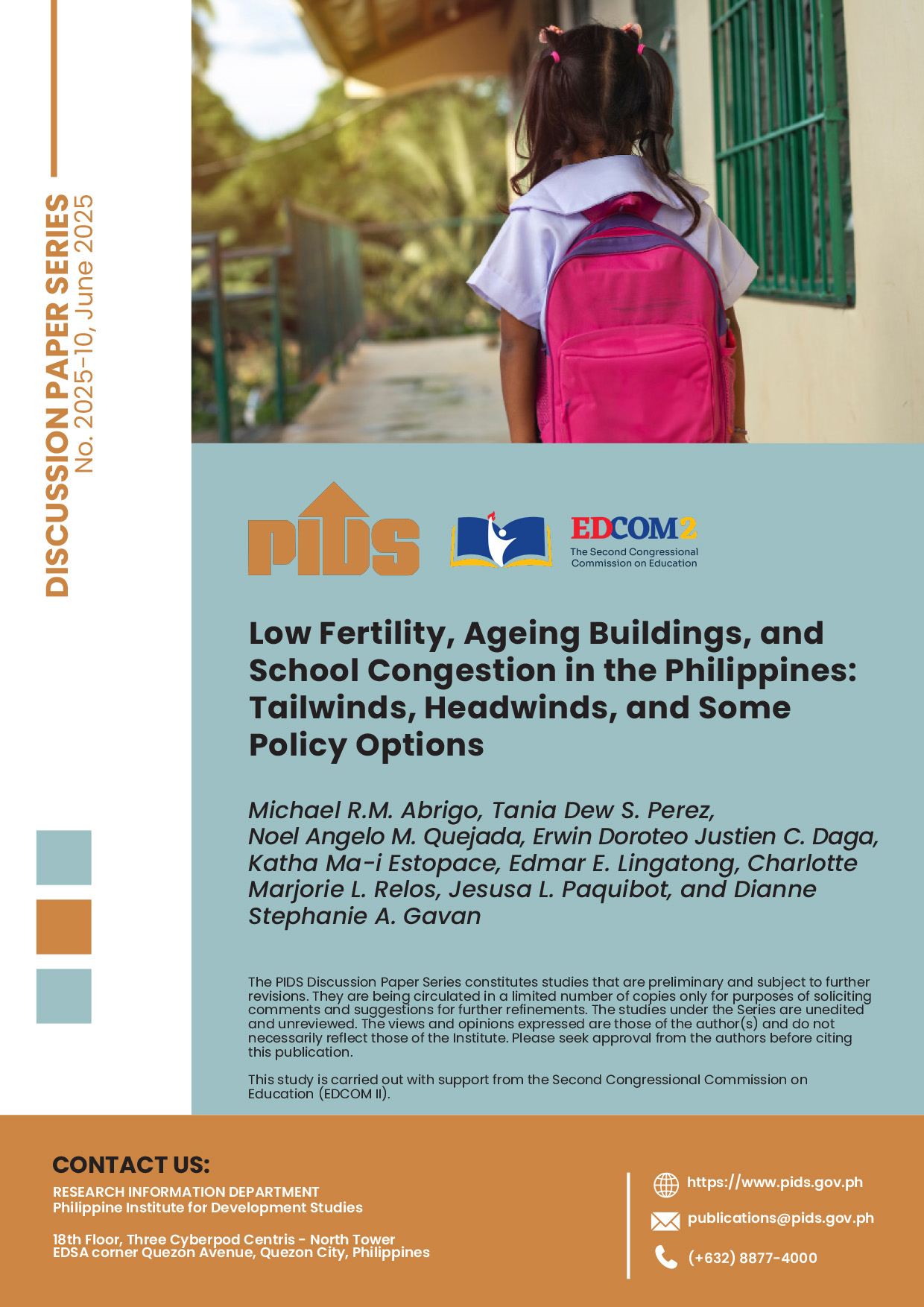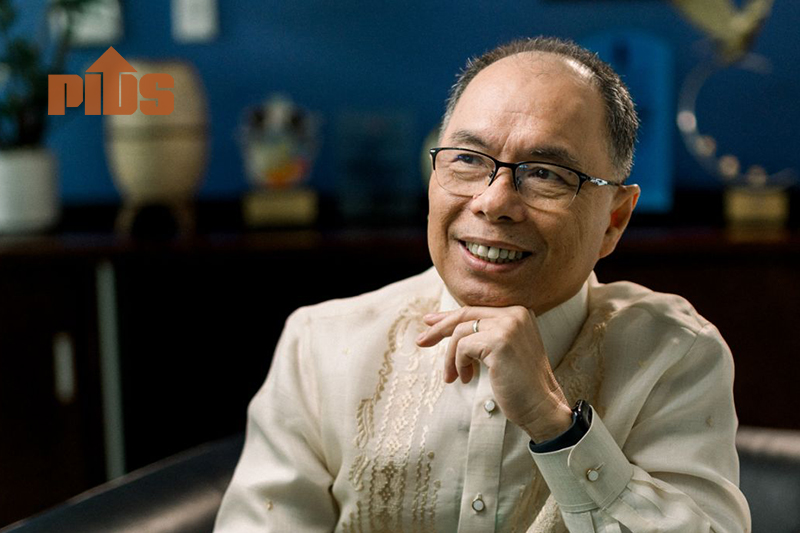Researchers and rice market experts say reduced official imports in 2013 as part of a rice self-sufficiency program by the government is the cause for exorbitant rice price hikes in the Philippines. The government has initiated several measures to curb price hikes and also increased the quantum of official rice imports in 2014. So far, the government has imported around one million tons of rice from Vietnam in this year. USDA estimates the Philippines to import around 2 million tons, including unofficial imports, in 2014. Dr.Roehlano Briones, a Senior Researcher at the Philippines Institute of Development Studies (PIDS) shares his views over the current developments in the Philippines rice sector with Oryza.
Oryza: Recently, the National Food Authority (NFA) and the Philippines government have come under severe criticism over rice price hikes and the government says it is taking measures to ensure adequate supplies in the market. It also decided to import an additional 200,000 tons of rice from Vietnam under these circumstances. What do you think are the main reasons for price hikes and when do you think will they return to normal?
Dr.Roehlano Briones: Reduced official [rice] imports and smuggling. [Prices] will normalize when official imports rise.
Oryza: The government has decided to double the release limit of NFA rice, which is sold at P32 per kilogram (around $727 per ton) compared to the market price of the same rice at P42 per kilogram ($954 per ton), to 8,000 tons per day in the market. What do you think will be the cost of this decision for the government? Is this a right decision or do you think any other measure to control prices would have been better?
Dr.Roehlano Briones: Increasing the release volume [of NFA rice] will help reduce prices. [But] this will increase fiscal burden if government sells [too much rice] at subsidized rate. But long term solution is liberalized [rice] import policy.
Oryza: Experts have been slamming the NFA’s role in paddy procurement and imports. What do you think the exact role of NFA should be?
Dr.Roehlano Briones: NFA should stick to regulation and overseeing food security stock. Marketing decisions should be coursed through a different government agency.
Oryza: Now the government is planning to reconsider providing subsidies to the paddy procurement by the NFA. What would be the pros and cons of this decision?
Dr.Roehlano Briones: [Reduce] fiscal burden. Especially, now with high paddy prices.
Oryza: The National Price Coordination Council (NPCC) has recommended setting a price ceiling at P39.50 per kilogram of well-milled commercial rice. Will that be a feasible step for the government?
A Liberalized Rice Import Policy will Stabilize Long-term Prices in Philippines, Says PIDS Economist
Oryza.com












